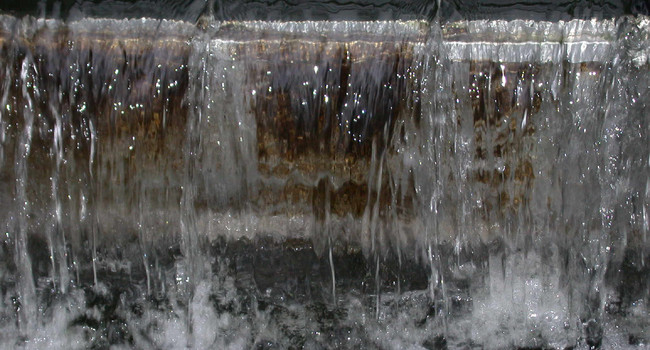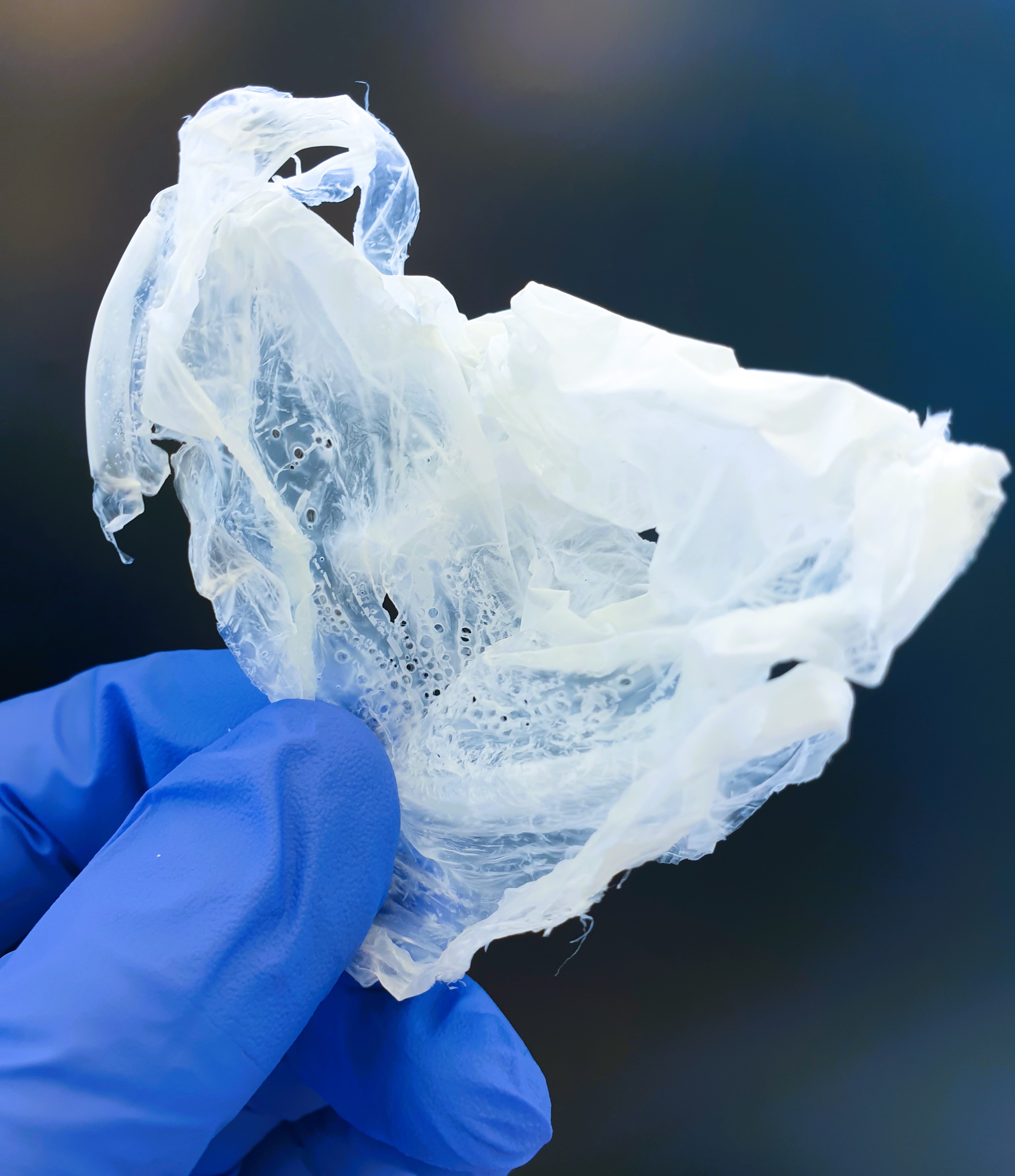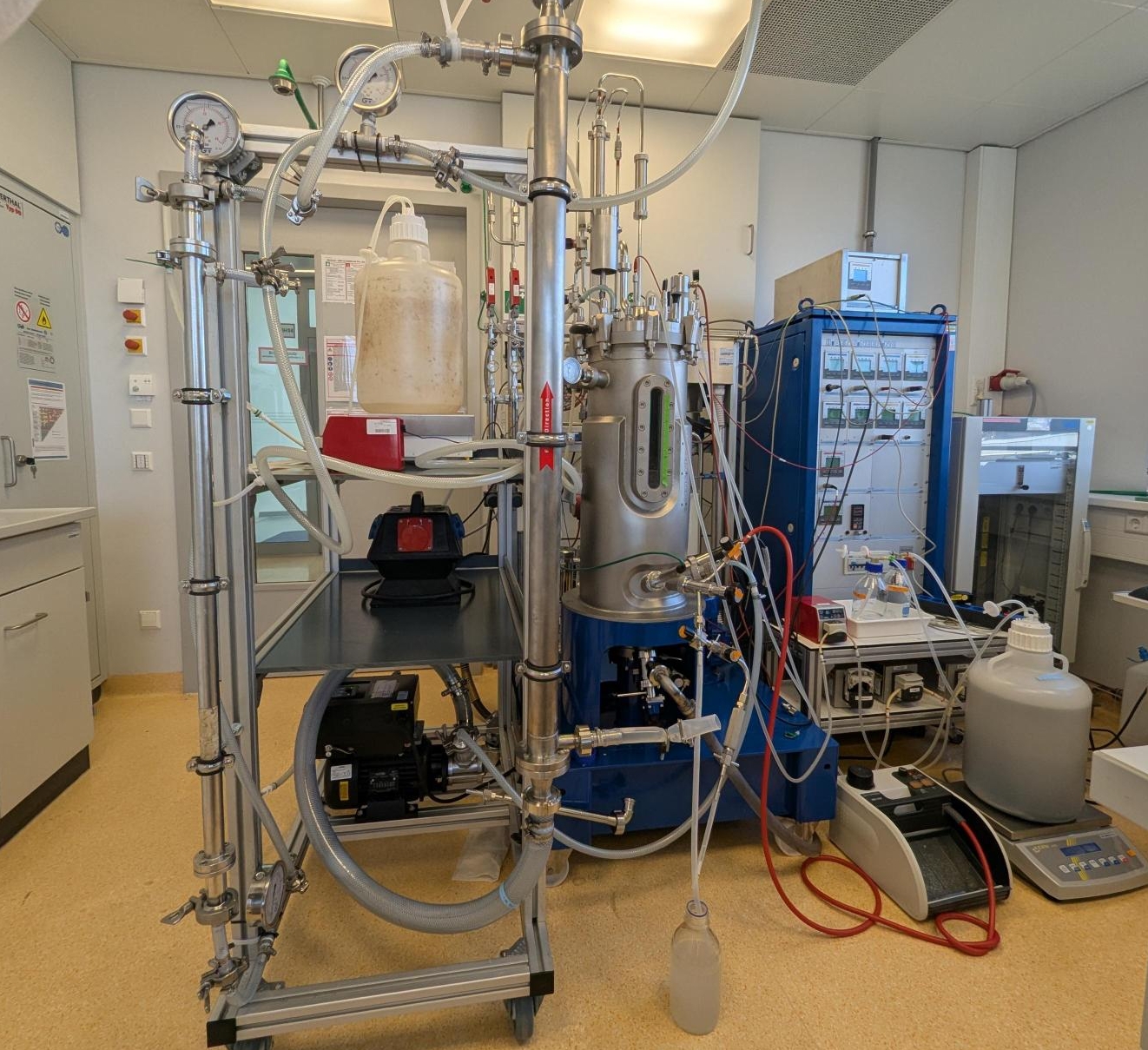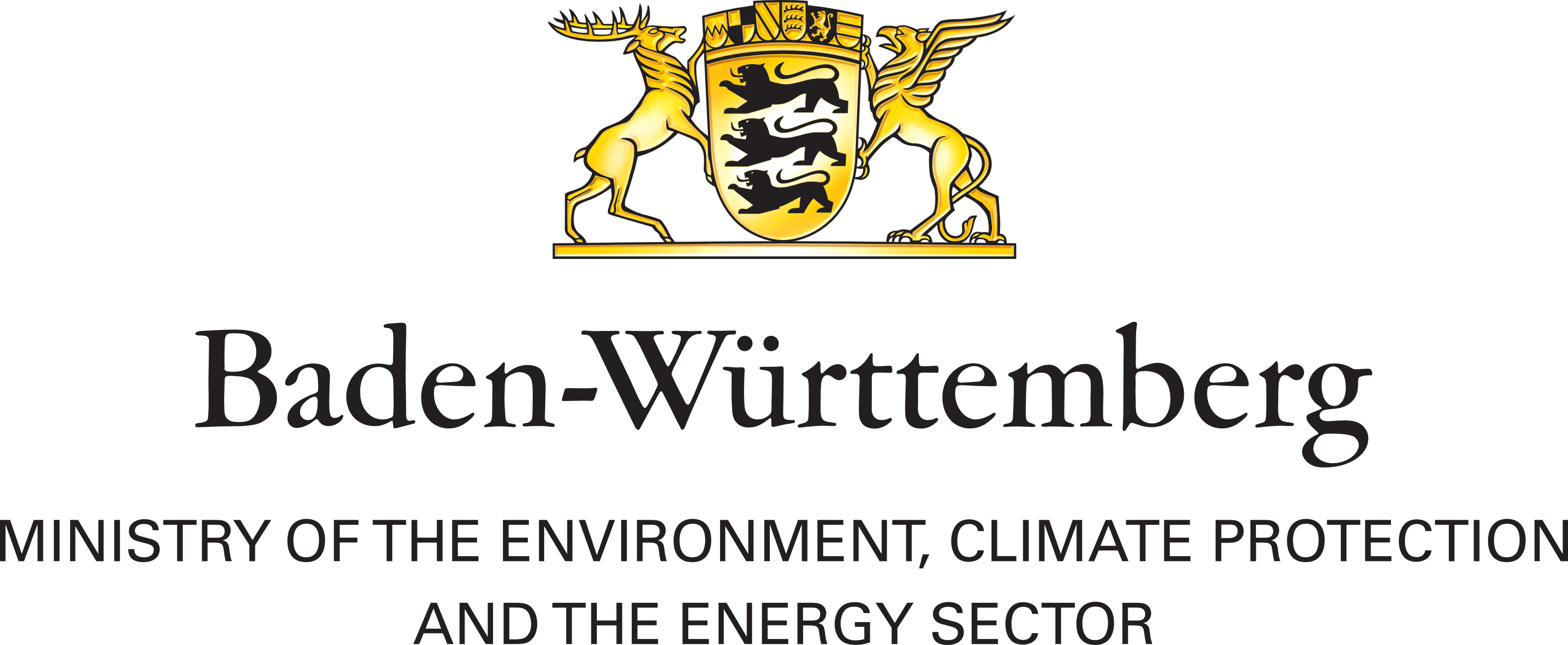At the University of Stuttgart's teaching and research wastewater treatment plant in Büsnau, three products are extracted from municipal wastewater: Ammonium, hydrogen and polyhydroxyalkanoates (PHA).

At the University of Stuttgart's teaching and research wastewater treatment plant in Büsnau, three products are extracted from municipal wastewater: Ammonium, hydrogen and polyhydroxyalkanoates (PHA).


A decisive goal of the project is that the utilisation of the particulate organic carbon of the municipal wastewater does not only consist of the production of the comparatively cheap and climate-relevant gas methane, as has been the case so far, but that more sustainable products are created.
In parallel, the largely particle-free wastewater is purified in the main stream. Ammonium is recovered here, which can be used as nitrogen fertiliser for agriculture. Most of the particulate organic carbon is recovered by sedimentation in the primary settling stage. More than 50 per cent of the total organic carbon in municipal wastewater is bound in solids and is not present in solution. The particles still present in the primary treatment effluent are separated from the municipal wastewater with the help of a microscreen.
Hydrolysate can be obtained from the particulate organic carbon by biochemical splitting with water. The hydrolysate is rich in organic acids and is bioelectrochemically converted to hydrogen and CO2 in a novel reactor system.
In a further step, the material flows produced in the previous processes (hydrolysate) are converted into polyhydroxyalkanoates (PHA). Polyhydroxyalkanoate can be used to produce biobased plastics.

Valorization of wastewater as a resource into new valuable and sustainable products was the main goal of the KoalAplan project. At the University of Stuttgart's wastewater treatment Research plant in Stuttgart-Büsnau, the particulate organic carbon in municipal wastewater, which is obtained by sedimentation in the pre-treatment stage, was to be separated and converted into a high-quality product. At the same time, ammonium is recovered from the particle-free wastewater, which can be used as a nitrogen fertilizer for agriculture.
From the particulate organic carbon or the primary sludge, a hydrolysate rich in organic acids was produced by the project partners via anaerobic decomposition. The main objective of Fraunhofer IGB was the fermentative conversion of this acid hydrolysate into polyhydroxyalkanoate (PHA), a biodegradable bacterial polymer.
PHAs are thermoplastic biopolymers that can be produced by various microorganisms from a wide range of substrates. The goal of our work within the KoalAplan project was to identify suitable PHA producing strains capable of utilizing the volatile fatty acids (VFAs) in the hydrolysate for growth and PHA production, and to establish PHA production at a pilot scale.
Based on a literature review and a utility analysis, Cupriavidus necator, Azohydromonas australica, Pseudomonas putida, and Haloferax mediterranei was selected for systematic characterization. The growth behavior of the selected microorganisms on various VFAs was carried out using a microbioreactor. Growth kinetics of the individual microorganisms on organic acids were determined in order to identify the most promising strain.
In the acidified hydrolysate of sewage sludge, a mixture of different organic acids is produced, including acetic, propionic, and butyric acid. A comparison of various PHA producing microorganisms showed that the soil bacterium Cupriavidus necator was the most suitable, as growth was detected in all tested VFAs.

Our investigations showed that VFAs are toxic to C. necator and inhibit its growth at concentrations as low as 1–2 g/L. The acidified hydrolysate provided by our project partner contained 5–6 g/L of VFAs, which exceeded this tolerance threshold. Consequently, a simple batch process was not feasible. Instead, it was necessary to feed the organic acids continuously in order to maintain both an optimal VFA concentration and a stable reactor volume. Furthermore, high biomass growth cannot be achieved with low concentration of feed.
To address this, we developed a perfusion process utilizing cross-flow filtration. This approach enabled effective cell retention while ensuring a continuous and controlled supply of VFAs into the bioreactor. A key advantage of this method was the ability to maintain VFAs at optimal concentrations for microbial activity. Simultaneously, the filtrate was continuously removed from the reactor, allowing the reactor volume to remain constant.
The process was divided into two distinct phases: a cell growth phase and a PHA production phase. The transition from biomass accumulation to PHA synthesis was triggered by nitrogen depletion in the medium. During the production phase, nitrogen present in the acidified hydrolysate was removed using a zeolite adsorption method, effectively creating nitrogen-limited conditions required for PHA accumulation.
By employing our perfusion strategy, we successfully avoided bacterial growth inhibition and demonstrated that approximately 97 percent of the carbon – introduced in the form of VFAs – was assimilated by the microorganisms. Of this, about 20 percent was fixed into PHA. The optimized process yielded approximately 14 g/L of biomass with a PHA content of 36 percent, using acidified hydrolysate containing 5 g/L of VFAs, fed continuously via the perfusion system.
Notably, the resulting biopolymer was a copolymer of poly(3-hydroxybutyrate-co-3-hydroxyvalerate), with a 3-hydroxyvalerate (3HV) content of around 10 percent. This composition imparts enhanced mechanical properties compared to the polyhydroxybutyrate (PHB) homopolymer typically produced from sugars.
Cupriavidus necator proved to be the most tolerant bacterium to VFAs among the tested strains and is a suitable organism for producing PHA from the organic acids derived from acidified hydrolysate. To prevent growth inhibition by the organic acids, a new process strategy was developed: a perfusion process with cell retention. With our developed method, 97 percent of the carbon was converted. This new process serves as a basis for the utilization of various substrates with low concentrations for PHA production.
KoalAplan – Biorefinery Büsnau: Municipal wastewater as a source of ammoni-um nitrogen, hydrogen and bioplastics
October 2021 – October 2024
We would like to thank the Baden-Württemberg Ministry of the Environment, Climate Protection and the Energy Sector and the European Union for funding the project "KoalAplan" as part of the ERDF (European Regional Development Fund) programme "Bioeconomy – Biorefineries for the recovery of raw materials from waste and wastewater".

